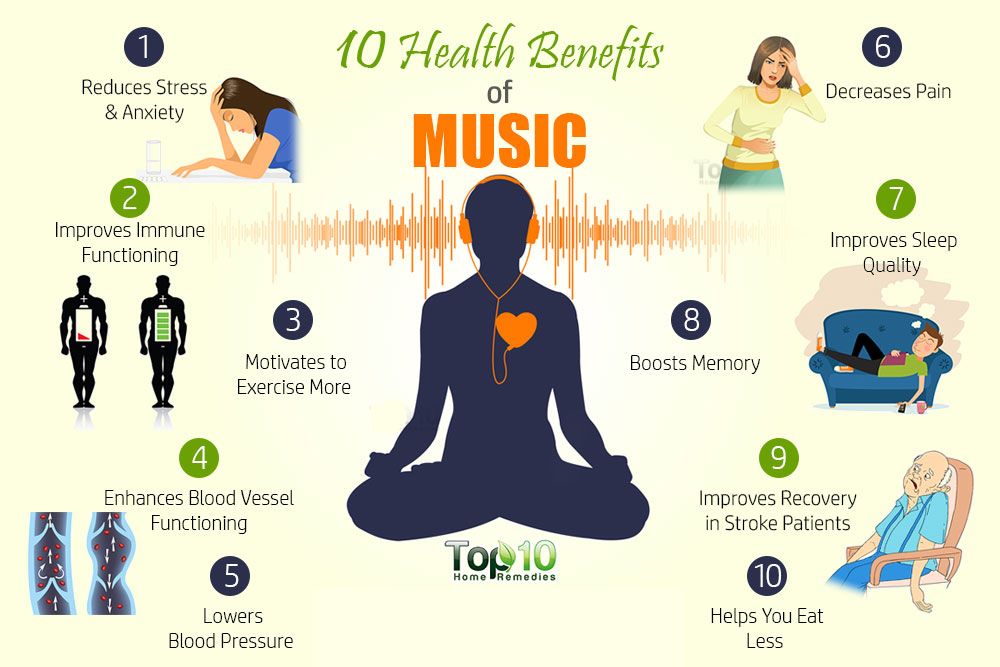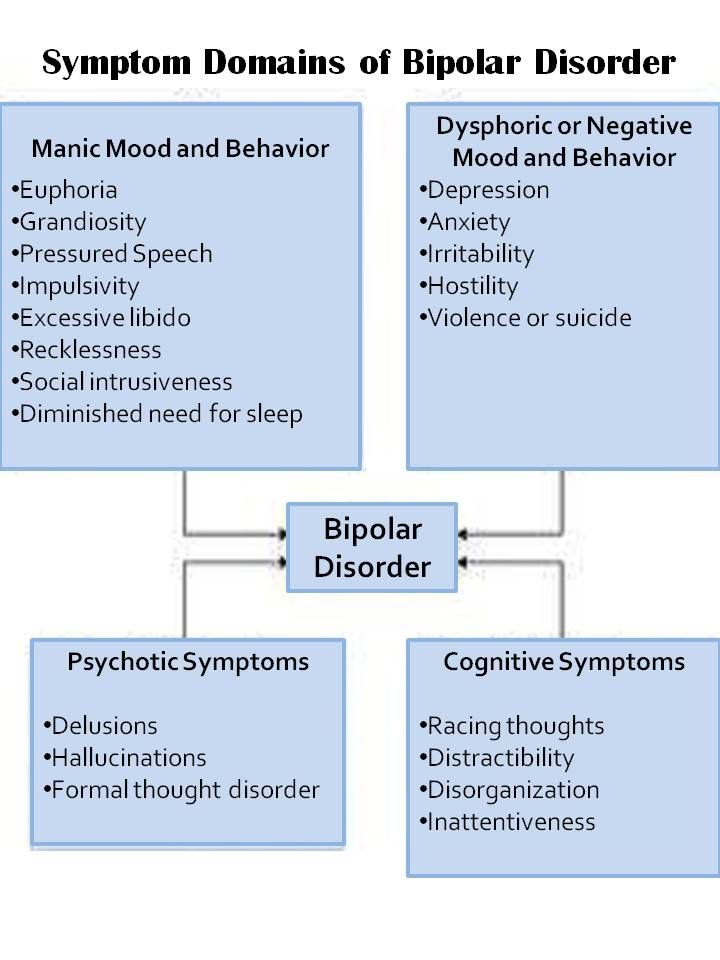Advantage of music
Benefits of Music on Body, Mind, Relationships & More
In 2009, archaeologists excavating a cave in southern Germany uncovered a flute carved from a vulture’s wing bone. The delicate artifact is the oldest known musical instrument on earth — indicating that people have been making music for over 40,000 years.
Although we can’t be sure exactly when human beings began listening to music, scientists do know something about why we do. Listening to music benefits us individually and collectively. Here’s what research tells us about the power of music to improve our physical, mental, and emotional health.
Researchers think one of the most important functions of music is to create a feeling of cohesion or social connectedness.
Evolutionary scientists say human beings may have developed a dependence on music as a communication tool because our ancestors descended from arboreal species — tree-dwellers who called to one another across the canopy.
Music remains a powerful way of uniting people:
- national anthems connect crowds at sporting events
- protest songs stir a sense of shared purpose during marches
- hymns build group identity in houses of worship
- love songs help prospective partners bond during courtship
- lullabies enable parents and infants to develop secure attachments
How, then, does music benefit us as individuals?
It can lead to better learning
Doctors at Johns Hopkins recommend that you listen to music to stimulate your brain. Scientists know that listening to music engages your brain — they can see the active areas light up in MRI scans.
Researchers now know that just the promise of listening to music can make you want to learn more. In one 2019 study, people were more motivated to learn when they expected to listen to a song as their reward.
Listening has limits
A note of caution: You may want to withhold the earbuds for some students. Researchers who tested students with lower working memory capacity found that listening to music — especially songs with lyrics — sometimes had a negative effect on learning.
It can improve memory
Music also has a positive effect on your ability to memorize.
In one study, researchers gave people tasks that required them to read and then recall short lists of words. Those who were listening to classical music outperformed those who worked in silence or with white noise.
The same study tracked how fast people could perform simple processing tasks — matching numbers to geometrical shapes — and a similar benefit showed up. Mozart helped people complete the task faster and more accurately.
Mozart helped people complete the task faster and more accurately.
Mayo Clinic points out that while music doesn’t reverse the memory loss experienced by people with Alzheimer’s disease and other forms of dementia, music has been found to slow cognitive decline, helping people with mild or moderate dementia remember episodes from their lives.
Music memory is one of the brain functions most resistant to dementia. That’s why some caregivers have had success using music to calm dementia patients and build trusting connections with them.
It can help treat mental illness
Music literally changes the brain. Neurological researchers have found that listening to music triggers the release of several neurochemicals that play a role in brain function and mental health:
- dopamine, a chemical associated with pleasure and “reward” centers
- stress hormones like cortisol
- serotonin and other hormones related to immunity
- oxytocin, a chemical that fosters the ability to connect to others
Although more research needs to be done to understand precisely how music can be used therapeutically to treat mental illness, some studies suggest that music therapy can improve the quality of life and social connectedness for people with schizophrenia.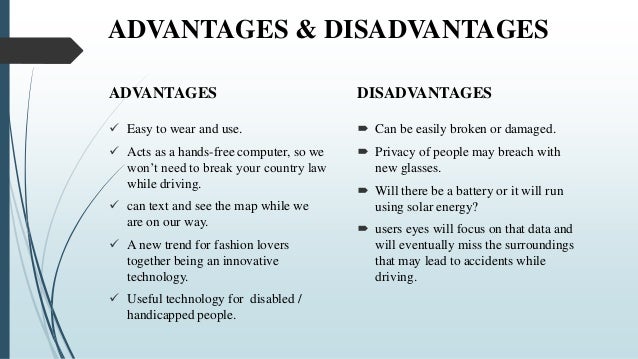
A number of researchers have interviewed groups about why they listen to music. Study participants vary widely in terms of age, gender, and background, but they report strikingly similar reasons.
One of the most common uses of music? It helps people regulate their emotions, researchers found. It has the power to change moods and help people process their feelings.
It can help lower anxiety
There’s lots of evidence that listening to music can help calm you in situations where you might feel anxious.
Studies have shown that people in rehab after a stroke are more relaxed once they’ve listened to music for an hour.
Similar studies indicate that music blended with nature sounds help people feel less anxious. Even people facing critical illness feel less anxiety after music therapy.
There’s conflicting evidence about whether listening to music has an effect on your body’s physiological stress response, however. One study indicated that the body releases less cortisol, a stress hormone, when people listen to music. This same study referenced previous research stating that music had little measurable effect on cortisol levels.
This same study referenced previous research stating that music had little measurable effect on cortisol levels.
One recent study that measured several indicators of stress (not just cortisol) concluded that while listening to music before a stressful event doesn’t reduce anxiety, listening to relaxing music after a stressful event can help your nervous system recover faster.
It helps the symptoms of depression
A 2017 research review concluded that listening to music, particularly classical combined with jazz, had a positive effect on depression symptoms, especially when there were several listening sessions conducted by board certified music therapists.
Not into jazz or the classics? You may want to try a group percussion session instead. The same research review found that drum circles also had above-average benefits for people dealing with depression.
Musical genre matters for depression
One important note: Studies have found that nostalgic sad tunes can actually increase symptoms of depression, especially if you tend to ruminate or withdraw socially. Not surprising, perhaps, but important to know if you want to use music to counteract the blues.
Not surprising, perhaps, but important to know if you want to use music to counteract the blues.
It can help your heart health
Music can make you want to move — and the benefits of dancing are well documented. Scientists also know that listening to music can alter your breath rate, your heart rate, and your blood pressure, depending on the music’s intensity and tempo.
It decreases fatigue
Anyone who has ever rolled down car windows and turned up the radio knows that music can be energizing. There’s solid science behind that lived experience.
In 2015, researchers at Shanghai University found that relaxing music helped reduce fatigue and maintain muscle endurance when people were engaged in a repetitive task.
Music therapy sessions also lessened fatigue in people receiving cancer treatments and raised the fatigue threshold for people engaged in demanding neuromuscular training, which leads us to the next big benefit.
It boosts exercise performance
Exercise enthusiasts have long known that music enhances their physical performance.
A 2020 research review confirms that working out with music improves your mood, helps your body exercise more efficiently, and cuts down on your awareness of exertion. Working out with music also leads to longer workouts.
In clinical settings, athletes who listened to high-intensity, fast music during warmups were motivated to perform better competitively.
You don’t have to be a world-class competitor to benefit: Research shows that syncing your workout to music can allow you to reach peak performance using less oxygen than if you did the same workout without the beat. Music acts as a metronome in your body, researchers said.
It can help manage pain
Specially trained music therapists use music to help alleviate pain in inpatient and outpatient settings. A 2016 meta-analysis of over 90 studies reported that music helps people manage both acute and chronic pain better than medication alone.
About music therapy
The American Music Therapy Association describes music therapy as the use of music in hospitals, outpatient clinics, rehab clinics, nursing homes, schools, correctional facilities, and substance use programs to help meet the medical, physical, emotional, and cognitive needs of patients. To find a board- certified music therapist in your area, check this registry.
To find a board- certified music therapist in your area, check this registry.
Music exerts a powerful influence on human beings. It can boost memory, build task endurance, lighten your mood, reduce anxiety and depression, stave off fatigue, improve your response to pain, and help you work out more effectively.
Working with a music therapist is one effective way to take advantage of the many benefits music can have on your body, mind, and overall health.
Is Music Addiction Possible? Here’s What to Know
If you love music, you’re not alone. People throughout the world appreciate and use music every day, whether it’s to advertise, remember facts, exercise, or drift off to sleep. For many, music also plays a huge role in culture and identity.
Plus, music may also:
- reduce anxiety and stress
- help relieve pain
- improve your mood
- improve sleep quality
While there’s little fault to find with those effects, some question whether people can enjoy music a bit too much.
The short answer to this is no: Experts don’t formally recognize music addiction as a mental health diagnosis. Still, that doesn’t mean music habits can still sometimes become problematic.
In short, not really.
Experts don’t formally recognize music addiction as a mental health diagnosis. Still, that doesn’t mean music habits can still sometimes become problematic.
If you have any familiarity with how addiction develops, you might know a little about the role dopamine plays.
Here’s the short version:
Substance use or certain behaviors trigger the release of dopamine in the brain’s reward system. Over time, the brain begins to rely on these substances or behaviors and naturally releases less dopamine. So, your brain becomes dependent on those dopamine triggers.
A 2011 study involving 10 people who experience chills when listening to music suggests that music can trigger a dopamine release when it produces an intensely positive emotional response — aka the chills.
In theory, the brain could potentially come to rely on music-triggered dopamine production, but there’s not much evidence to suggest this actually happens.
There’s no straight answer here, but we can look to things that health professionals generally check for when evaluating someone for a potential addiction:
- Can you control the behavior pattern?
- Does it cause problems in your daily life?
- Do you continue the behavior despite any negative consequences, because you feel unable to stop?
- Do you need the behavior more over time and experience withdrawal when you don’t engage in it?
It really comes down to this: Does listening to music affect you negatively?
Here are some more specific signs that you may want to take a closer look at your music habits.
You rely on music to manage your emotions
Music is often deeply emotional. It can convey an almost endless range of feeling.
It’s often used as a coping strategy for anxiety or stress. Many people report improvements in mood and motivation after listening to energizing music. It may even help you express emotions and find deeper insight.
Many people report improvements in mood and motivation after listening to energizing music. It may even help you express emotions and find deeper insight.
Still, it won’t get to the heart of what’s causing your distress.
Keep in mind that listening to music that matches your mood can also intensify that mood — for better or worse. Sometimes this can help.
Sad breakup songs, for example, might help you work through your feelings after romantic disappointment. On the other hand, they might also have the opposite effect and prolong your feelings of sadness and grief.
You can’t function without music
Music can help make challenging or unpleasant tasks more tolerable. You might turn up the radio in bad traffic, jam out to high-energy songs while housecleaning, or listen to soothing music when you feel stressed.
Music isn’t appropriate in all situations, though.
For example, secretly listening to music during school lectures, meetings at work, or while someone’s trying to have a serious conversation with you isn’t a great idea.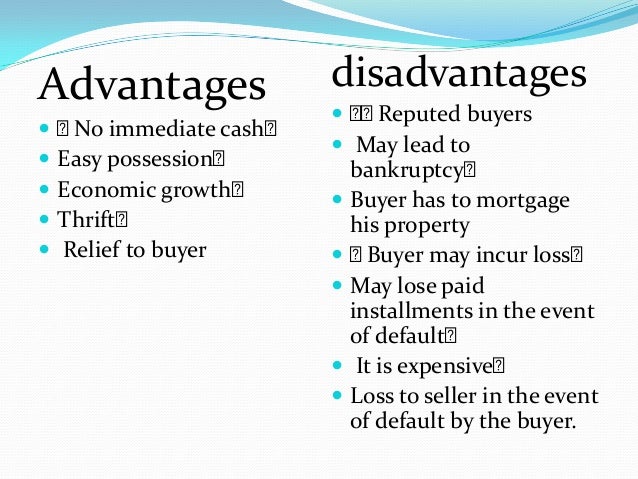
If you feel distressed or find it difficult to function without music, it may be worth exploring why.
Music distracts you from important tasks
Getting lost in a song (or two) is pretty normal. Regularly losing track of time when listening to music could create challenges, however, especially when it keeps you from carrying out your responsibilities.
Maybe you wait for that 6-minute guitar solo to wrap up before you head out to pick your partner up from work. Or you get so in the zone that you’re suddenly way behind on making that dinner you promised you would.
Music plays a part in substance use
Substance use enhances the experience of listening to music for some people. Maybe a couple drinks helps you loosen up and dance at a live show. Or ecstasy makes you feel like you’re mentally synced up with the DJ.
Occasionally using substances while enjoying a deeper connection to music isn’t necessarily a problem, but it’s something to be mindful of.
According to 2015 research, 43 percent of 143 people receiving treatment for a substance use disorder linked a specific type of music with a greater desire to use substances.
Again, this doesn’t necessarily mean music is bad. In fact, most study participants also said music played an important part in their recovery.
But these findings do suggest music could potentially play a part in problematic substance use.
If you find yourself drawn to a specific type of music that also triggers a desire to use substances, consider taking a closer look at this connection.
Unless listening to music is having a negative impact on your life, there’s no reason to cut back.
If you’re looking to make some changes, though, consider these strategies.
Identify areas where you can go without music
Even if you want to listen to less music, you don’t have to go without it entirely. Instead, try choosing specific times of day or activities when avoiding music might be wise.
If you’ve identified specific areas of problem listening (during class lectures or at work when you’re supposed to focus on customers, for example), start cutting back there.
If you have the ability to listen to music nearly all day, every day, set aside some time when you could go without.
Sure, you can hang on to your workout tunes, but try giving your listening device a break when you go for a walk. Keep your ears open for the sounds of nature instead.
Break up your listening with other activities
If you listen to music pretty much nonstop, you may spend less time taking in other forms of media or interacting with others. Music has plenty of benefits, it’s true. But other media can offer benefits too.
Some things to try:
- Call a friend or loved one.
- Watch a favorite movie.
- Study a new language (free apps like Duolingo or audio CDs from your local library work great for this).
Listen to other things
Music is convenient because you can listen while doing other things. Background noise can keep you company at home or work if you don’t enjoy silence.
Background noise can keep you company at home or work if you don’t enjoy silence.
Music isn’t your only option, though.
Consider giving these different types of audio a try:
- National Public Radio (NPR). Google NPR followed by your city’s name for your local channel.
- Audiobooks. Many local libraries offer fiction and nonfiction options for checkout or streaming.
- Podcasts. No matter what you’re interested in, there’s probably a podcast about it.
Change how you listen to music
If your music listening is less of a problem than how you listen to music, making a few changes in your listening style could help:
- When you feel down and music makes it easier to wallow in gloom, try journaling, talking to a friend, or going for a walk.
- If loud music distracts you from work or studying, consider switching to music without lyrics when you need to focus.
- Consider lowering the volume or removing your headphones in situations when you need increased awareness, like at work or on the road.

By this point, you may have realized you don’t have a problem with your music listening habits. Even so, keeping these tips in mind can help you get the most enjoyment and benefit from music — and protect your hearing at the same time.
Turn down the volume
The one major downside to listening to music? It can lead to hearing loss over time if it’s too loud.
You might not even realize just how high the volume is. People tend to play the music they love most at higher volumes, perhaps because they believe it’s not as loud as music they enjoy less — even when the volume is exactly the same.
So, if you really want to blast that one song, go for it, but then lower the volume. Your ears (and probably your neighbors) will thank you.
If you use headphones, remember the 60-60 rule: Only listen to up to 60 percent of maximum volume for 60 minutes a day.
Switch to over-ear headphones
If you’re concerned about hearing loss, experts recommend headphones that cover your ear as a safer option. Earbuds and wireless headphones may be fantastically convenient, but they can increase your chances of hearing loss.
Earbuds and wireless headphones may be fantastically convenient, but they can increase your chances of hearing loss.
Noise-canceling headphones can also block out background noise, making it easier to lower the volume without the unwanted consequence of external sound creeping in and disrupting your chill.
Match your music to the situation
You probably know what types of music energize you, but certain types of music can offer benefits in specific situations:
- Music with a slow, restrained tempo can promote relaxation and lower stress.
- Classical music can help increase focus, especially when studying.
- Your favorite music can help improve a bad mood.
If you feel like you need to rework some of your habits around music but are having a hard time doing so, working with a therapist can be a big help.
A therapist can help you better understand what drives your behaviors around music and come up with healthier ways to address them.
Say you use music to relieve persistent anxiety, but your reliance on music is causing problems in your relationship. A therapist can help you address the causes of your anxiety and find other ways to cope with symptoms in the moment.
It’s also best to talk to a therapist if you notice symptoms of anxiety, depression, or other mental health concerns. Music can certainly help you feel better, but it’s not the same as treatment.
Our guide to therapy for every budget can help you get started.
Feel like you can’t live without music? It’s a pretty common feeling. For most people, music mostly has a positive impact, so listen away. Still, it never hurts to keep an eye (or ear) open for signs that music is causing problems in your life.
Crystal Raypole has previously worked as a writer and editor for GoodTherapy. Her fields of interest include Asian languages and literature, Japanese translation, cooking, natural sciences, sex positivity, and mental health. In particular, she’s committed to helping decrease stigma around mental health issues.
In particular, she’s committed to helping decrease stigma around mental health issues.
Psychological benefits of music | Self-help resources
Listening to music is a part of life for many people. Every morning when driving to work or on public transport, people pick up music and put on headphones to enjoy the sounds they make. Music has many psychological benefits that you might not expect from enjoying it.
Music can be a source of pleasure and satisfaction, but there are also many other psychological benefits that we want to discuss with you below. Music can influence your thoughts, feelings and behavior. You can remember how you ever felt excited, excited, happy or sad while listening to a song. Songs can directly affect your mood.
Music can relax the mind, energize the body, and even help people cope better with pain. So what other potential benefits can music bring? We'll tell you then.
Article subject:
Benefits of relaxing music
Index
- 1 Improved cognitive abilities
- 2 Reduces stress
- 3 Helps you eat less
- 4 Improve your memory0024
- 5 May control pain
- 6 Helps you sleep better
- 7 Increases motivation
Improves cognition
Background music while you are doing something else improves your performance on cognitive tasks, this is especially true for older adults . Playing upbeat music will give you faster processing speed and better memory. So the next time you're doing work, consider turning on some background music if you want to boost your mental performance. Instrumental music is the best option.
Reduces stress
Music has long been believed to help reduce or manage stress. Meditation music helps calm the mind and induces relaxation . Listening to music is an effective way to deal with stress and help you recover quickly from exposure to a stressor.
Listening to music is an effective way to deal with stress and help you recover quickly from exposure to a stressor.
Helps to eat less
One of the most amazing psychological benefits of music is that it can be a useful tool for losing weight. If you're trying to lose weight, calm music and dim lights can help you achieve your goals. According to the study, people who ate in dimly lit restaurants with soft music playing ate 18% less food than those who ate in other restaurants.
Music and lighting help create a more relaxed atmosphere. Because the participants were more relaxed and comfortable, they were able to consume food more slowly and were more aware of when they started to feel full. You can try to put this into practice by playing soft music at home during dinner. By creating a relaxing environment, you are more likely to eat slowly and therefore feel full more quickly.
Improve your memory
Many students like to listen to music while studying, but is it a great idea? Some find it improves their memory while others simply distract you. The reality is that the type of music you listen to to improve your memory will depend on your musical tastes and your way of remembering. That being said, each person may get different results depending on the music they listen to.
The reality is that the type of music you listen to to improve your memory will depend on your musical tastes and your way of remembering. That being said, each person may get different results depending on the music they listen to.
Can control pain
Music can help relieve pain. A study of patients with fibromyalgia found that those who listened to music for just one hour a day experienced a significant reduction in pain compared to controls.
Helps to sleep better
Insomnia is a serious problem affecting people of all ages. While there are many approaches to treating this problem, as well as other common sleep disorders, studies Listening to relaxing classical music has been proven to be safe, effective and affordable.
In a study of college students, participants listened to classical music, an audiobook, or nothing at all. One group listened to 45 minutes of relaxing classical music and the other group listened to an audiobook before bed for three weeks.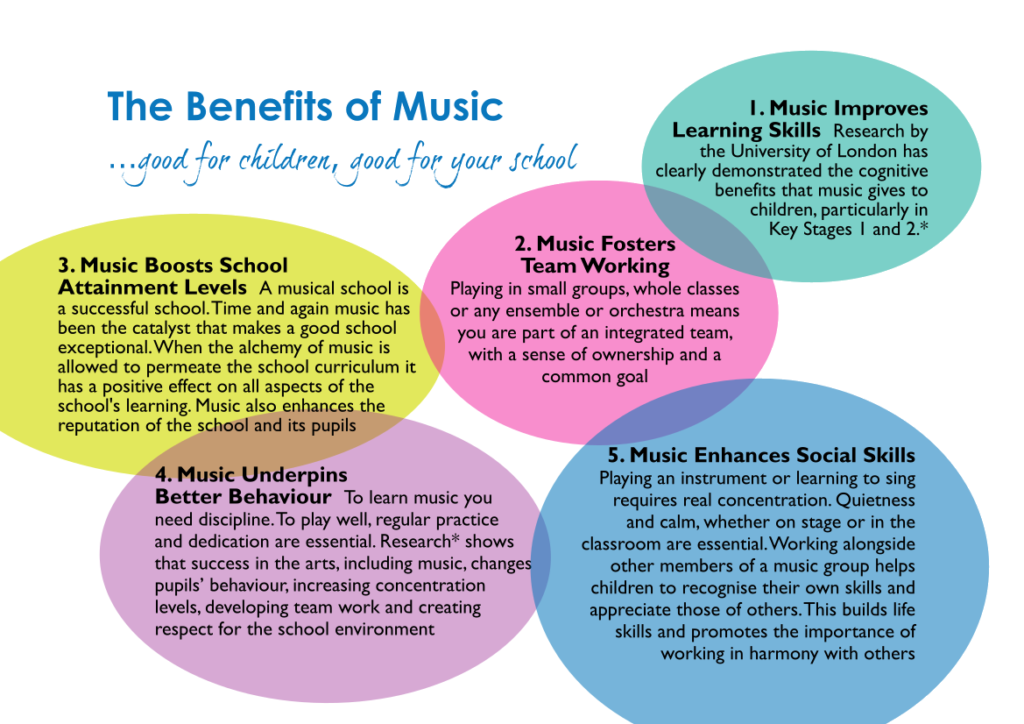 Researchers assessed sleep quality both before and after the intervention. In estudio found that participants who listened to music had significantly better sleep quality than those who listened to an audiobook or received no intervention.
Researchers assessed sleep quality both before and after the intervention. In estudio found that participants who listened to music had significantly better sleep quality than those who listened to an audiobook or received no intervention.
Because music is an effective remedy for sleep problems, it can be used as a simple and safe way to treat insomnia.
Increase motivation
There's a good reason why listening to music makes it easier for you to exercise: Researchers have found that listening to dynamic music encourages people to exercise more. An Experiment Designed to investigate this effect, 12 healthy male students were asked to ride an exercise bike at a self pace. In three different trials, participants rode their bikes for 25 minutes at a time while listening to a playlist of six different popular songs at different tempos.
Unbeknownst to listeners, the researchers made subtle differences in the music and then measured performance.![]() Music left at normal speed, increased by 10 percent, or decreased by 10 percent.
Music left at normal speed, increased by 10 percent, or decreased by 10 percent.
So what effect did changing the tempo of music have on factors like cycling distance, heart rate, and music enjoyment? The researchers found that accelerating the tracks resulted in improved performance in terms of distance covered, cadence and power applied. On the contrary, slowing down the tempo of the music caused all of these variables to decrease. Interestingly, studies show that listening to fast-paced music not only makes athletes work harder during training; they also like music more.
So if you're trying to stick to a workout regimen, consider downloading a playlist. contains fast tunes to help you get motivated and enjoy your workouts.
In addition, music helps you connect with other people, helps reduce depression and improve your mood, what more could you want? Put your favorite music and start enjoying! You will not regret!
Benefits of Listening to Music - Land and Water Development
Archaeologists excavating a cave in southern Germany discovered a flute carved from the bone of a vulture's wing.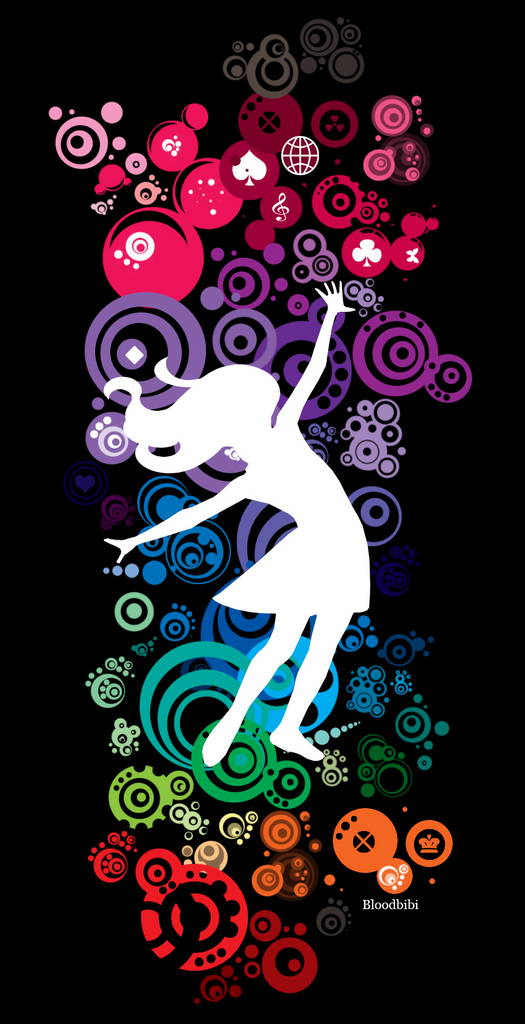 This fragile artifact is the oldest known musical instrument on Earth, indicating that humans have been making music for over 40,000 years.
This fragile artifact is the oldest known musical instrument on Earth, indicating that humans have been making music for over 40,000 years.
Although we cannot say exactly when people started listening to music, scientists do know something about why we do it. Listening to music benefits us individually and collectively. Here's what research tells us about the power of music to improve our physical, mental and emotional health.
Music connects us
I think that one of the most important functions of music is to create a sense of cohesion or social connection.
Evolutionary scientists say that humans may have developed a dependence on music as a means of communication because our ancestors evolved from tree-dwelling arboreal species that called to each other through the canopy.
Music remains a powerful means of bringing people together:
- national anthems bring crowds together at sporting events
- protest songs evoke a sense of common purpose during marches
- hymns create group identity in houses of worship
- love songs help potential partners bond during courtship
- lullabies allow parents and babies to develop secure attachment
How then does music benefit us as individuals?
The effect of music on the mind
It can lead to better learning
Doctors recommend that you listen to music to stimulate your brain. Scientists know that listening to music engages your brain—they can see how active areas glow in MRI scans.
Scientists know that listening to music engages your brain—they can see how active areas glow in MRI scans.
Researchers now know that a promise to listen to music can trigger a desire to learn more. In one study, people were more motivated to learn when they expected to hear a song as a reward.
It can improve memory
Music also has a positive effect on your ability to remember.
The researchers gave people tasks that required them to read and then recall short lists of words. Those who listened to classical music outperformed those who worked in silence or white noise.
The same study tracked how quickly people could perform simple processing tasks—matching numbers to geometric shapes—and found a similar benefit. Mozart helped people complete tasks faster and more accurately.
Musical memory is one of the most resistant to dementia functions of the brain. This is why some caregivers have successfully used music to calm dementia patients and build trust with them.
Can help treat mental illness
Music literally changes the brain. Neurological researchers have found that listening to music triggers the release of several neurochemicals that play a role in brain function and mental health:
- dopamine, a chemical associated with pleasure and "reward" centers
- stress hormones such as cortisol
- serotonin and other hormones associated with immunity
- oxytocin, a chemical that promotes the ability to bond with others
While more research is needed to understand exactly how music can be used therapeutically to treat mental illness, some sources suggest that music therapy can improve quality of life and social connection for people with schizophrenia.
Effect of music on mood
Interviewed groups about why they listen to music. Study participants vary greatly in age, gender, and background, but they report strikingly similar causes.
One of the most common uses of music? Helps people regulate their emotions. He is able to change mood and help people make sense of their feelings.
It can help reduce anxiety
There is plenty of evidence that listening to music can help you calm down in situations where you may be anxious.
Stroke rehab people are more relaxed if they listen to music for an hour.
Music mixed with nature sounds helps people to be less anxious. Even people facing critical illness have less anxiety after music therapy.
However, there is conflicting evidence about whether listening to music affects the body's physiological response to stress. When people listen to music, the body produces less cortisol, the stress hormone. The same study cited previous studies that said music had little effect on cortisol levels.
Helps with symptoms of depression
Concluded that listening to music, especially classical music combined with jazz, has a positive effect on symptoms of depression, especially when there were several listening sessions conducted by certified music therapists.
Don't like jazz or classical music? Instead, you can try group percussion. The same review of research found that drumming also provided above average benefits for people with depression.
The effects of music on the body
It can help your heart
Music can make you want to move - and the benefits of dancing are well known. Scientists also know that listening to music can change the source of respiration rate, pulse rate, and blood pressure depending on the intensity and tempo of the music.
Reduces fatigue
Anyone who has ever rolled down car windows and turned on the radio knows that music can be invigorating. There is a solid science behind this life experience.
Shanghai University found that relaxing music helps reduce fatigue and maintain muscle endurance when people are engaged in a repetitive task.
Music therapy sessions also reduced fatigue in people receiving cancer treatment and raised the fatigue threshold in people requiring neuromuscular training, which brings us to our next big benefit.
Increases the effectiveness of exercise
Exercise enthusiasts have long known that music improves their physical performance.
A review of research confirms that exercising to music improves your mood, helps your body train more efficiently, and reduces your awareness of exercise. Working with music also leads to longer workouts.
In a clinical setting, athletes who listened to intense and fast music during warm-ups were motivated to improve competitiveness.
It can help with pain
Specially trained music therapists use music to relieve pain in inpatient and outpatient settings. Over 90 studies have shown that music helps people cope with both acute and chronic pain better than medication alone.
Conclusion
Music has a strong influence on people. It can improve memory, improve task stamina, elevate mood, reduce anxiety and depression, prevent fatigue, improve your response to pain, and help you exercise more efficiently, download the music from https://muztune.